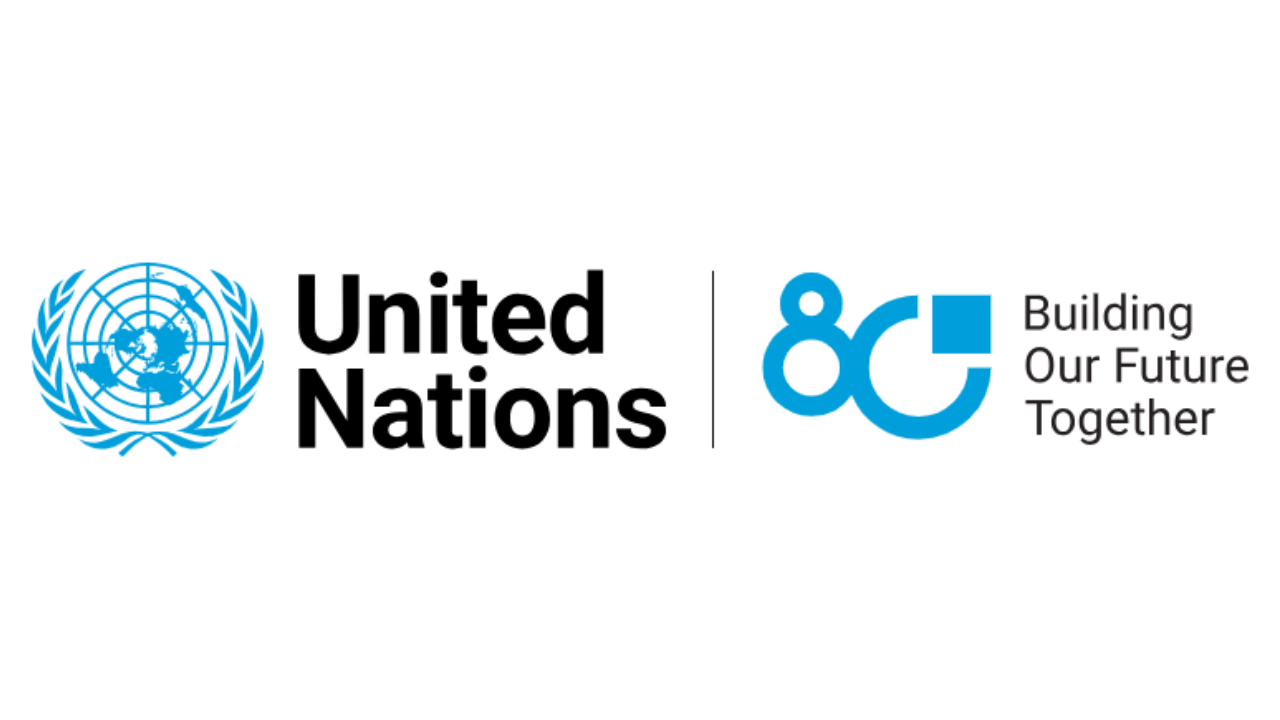Clear Cut Gender And Skills & Livelihood Desk
New Delhi, UPDATED: Sep 04, 2025 01:56 IST
Written By: Antara Mrinal
The UN will be turning 80 on 24th October 2025, as one of the few defences against the plague of conflicts at an international level and injustice of any type, which has plagued the global community as a whole. At the present moment, the United Nations has peacekeepers deployed in 11 operations, assisting in the fragile disruption of the global order into war and peace. The work of the United Nations has resulted in the formulation of 30 international treaties on disarmament and the destruction of more than 55 million landmines that once served as an instrument of destruction in the plagued lands. And besides the numerous battlefields, the United Nations has operations in over 90 countries and advocates for the observance of human rights and the rule of law as well as the protection of these rights.

Building Global Prosperity
When we speak of the United Nations, it is so easy to be swamped by summits, statements, and diplomacy. Behind the rhetoric, however, are numbers that were converted into living realities: children who survived infancy, women who survived birth, and students who had seen first online classrooms.
In the last five years, the UN and its organizations brought change second to none. HIV infections have fallen by almost 40% since 2010, and the fight against malaria saved 12.7 million lives, millions of families not having to suffer. In the schools, 110 million more children and teenagers went to school since 2015, and electricity now illuminates 92% of the world’s population, powering livelihoods and learning.
Connectivity as well has gone a long way: online culture went up from 40% in 2015 to 68% in 2024, linking villages, towns, and cities across a common digital space. The health infrastructure is no exception: maternal deaths have reduced from 228 to 197 per 100,000 live births between 2015-2023, and under-five child deaths have declined by 16% in the same time frame.
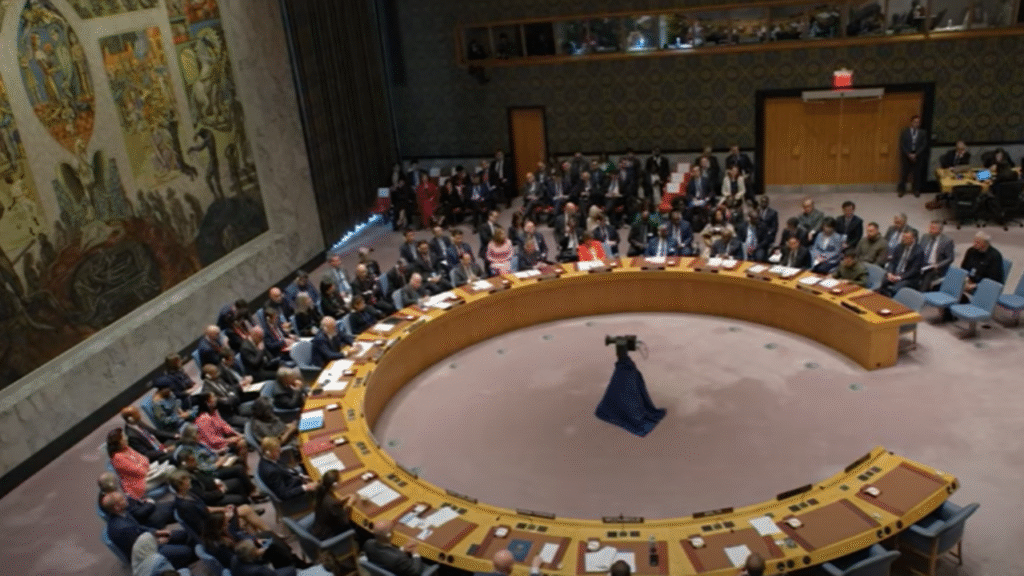
It has not only been progress in survival, but in dignity. Women now occupy 27.2% of national parliament seats, not yet equality, but an upward trend. Twice as many protected areas for biodiversity exist today compared to a decade ago, which indicates that conservation and climate action are increasingly moving mainstream onto national agendas. And in finance, UNDP’s “Finance Moonshot” has marshalled close to $867 billion of public and private funds, reaching over $1.1 trillion by 2025, driving efforts directly in health, education, clean energy, and resilience.
Facing New Global Challenges
The UN is celebrating its 80th anniversary this year, and its landscape has changed remarkably. The effects of climate change are worsening, inequality is increasing, and poverty is rising once more. It is not only terrorism and threats of nuclear armament that exist; the uncontrolled development of Artificial Intelligence has added new challenges that are global in nature. These are not easy tasks. They need collective action and bold reforms.
Reforming for Relevance
Beginning in 2021, the Secretary General has undertaken the task of strengthening governance and increasing speed in achieving the Sustainable Development Goals, and has called this new direction ‘multilateralism for the 21st century’. This has been further refined in the UN 2.0 modernization initiative which attempts to streamline UN policies, focusing in particular on the use of data and digital innovation. The UN80 initiative launched in 2025 is designed to streamline effort and spending, realign and modernize programs and the entire UN system to insure its continued relevance.
A Pact for Tomorrow
The Pact for the Future also aims much beyond current emergencies. Its SDG Stimulus assists developing countries in caring for their people and addressing the renewable energy transition, tackling the structural causes of poverty and conflict. Equally visionary is the Global Digital Compact, which calls for the establishment of an AI governance framework with a voice for developing countries, ensuring that new technologies are harnessed for the universal good and not just the powerful.
Major Meetings in 2025
UN Ocean Conference (9 June – 13 June) : The third UN Ocean Conference is striving to speed up action to preserve and use the world’s ocean sustainably, spanning more than 70% of the planet’s surface, controlling significant environmental balances, and possessing enormous resources and biodiversity.

Protecting the blue heart of our planet to secure life for generations to come.
Financing for Development (30 June – 03 July) : The Fourth United Nations Conference on Financing for Development will be a stimulus to bridge the SDG finance gap including by advancing the SDG stimulus.
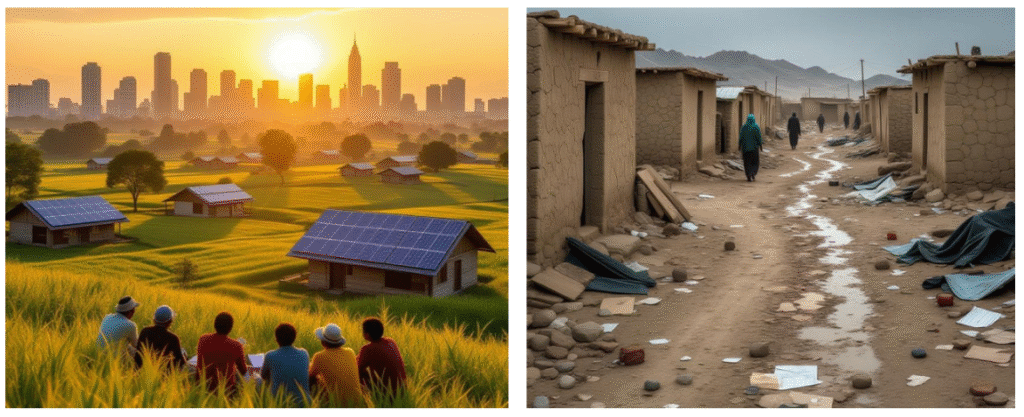
Turning promises into progress by closing the gap between vision and resources.
Summit for Social Development (04 November – 06 November) : The second World Summit for Social Development hopes to put action back at the center of the promise of the 2030 Agenda: that nobody will be left behind, in an equitable, social-justice and non-discriminatory way.
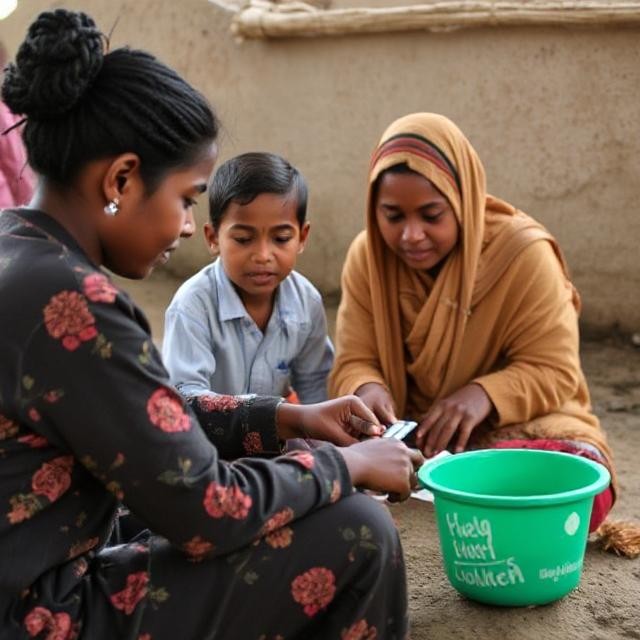
Putting dignity, justice, and equity back at the center of development.
Climate Change Conference (10 November – 21 November) : The UNFCCC COP 30 will focus on the imperative of raising funds to assist developing nations in transitioning to cleaner economies, adapting to intensifying climate effects, and coping with losses and damage arising from climate change.
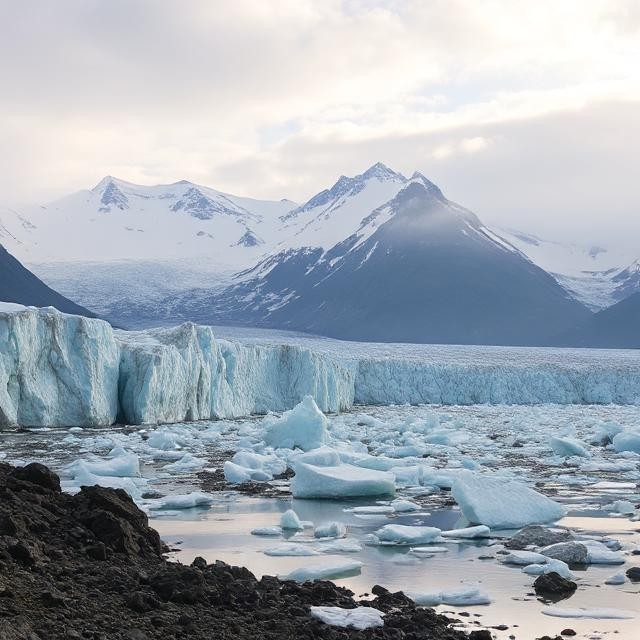
From survival to sustainability: financing the fight against climate change.
Looking Forward
Eight decades later, the United Nations is both the reflection of our world’s woes and the emblem of its universal hopes. It has a blemished record, yet in an era of climate danger, technological disruption, and widening fault lines, the UN is still the one table around which all seats, great and small, powerful and weak can gather together. Today’s test is not just to rescue the UN, but to redesign it for the twenty-first century: more inclusive, more agile, and more sensitive. For in the United Nations’ history lies the history of humanity itself: our flaws, our resilience, and our irrepressible belief that peace, justice, and dignity for all remain within our grasp.


